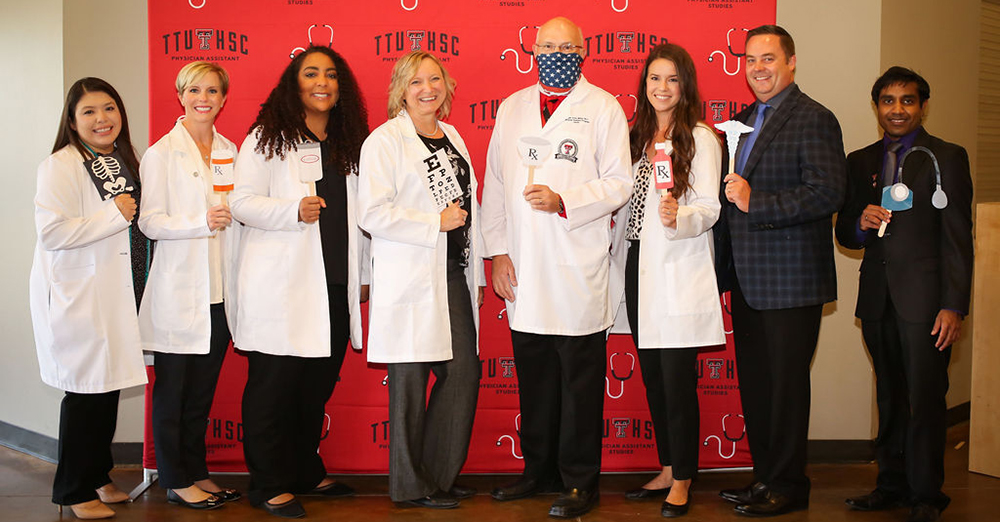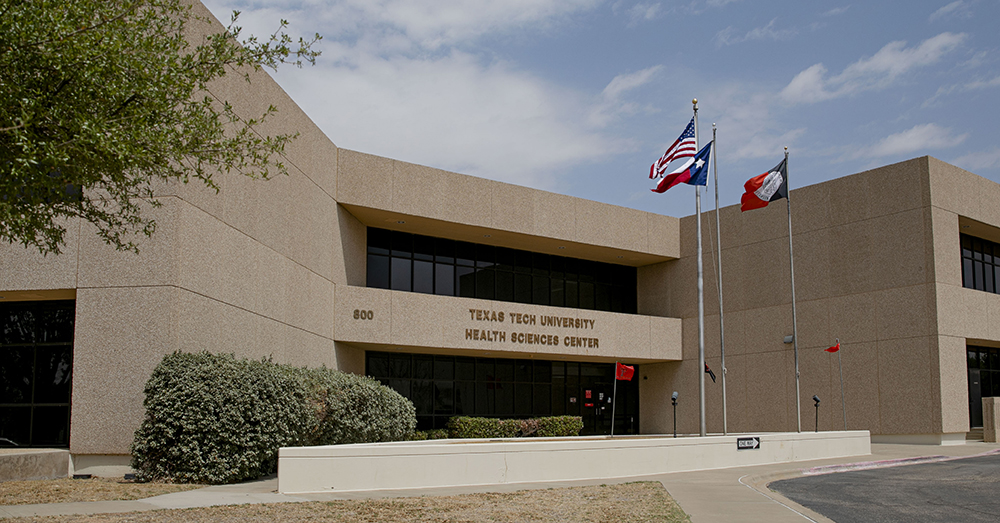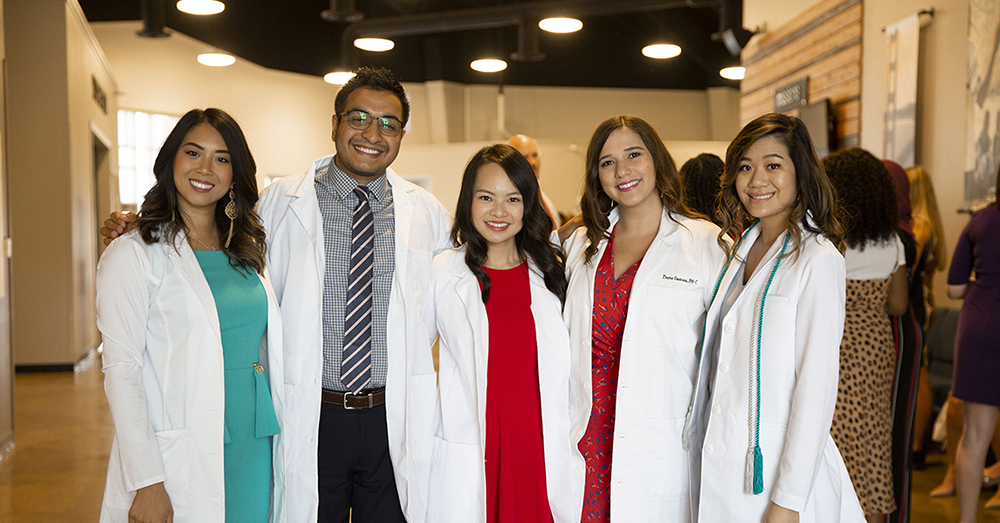Campus to Develop Rural Physician Assistant Workforce Program, Hispanic Center of Excellence

The Health Resources and Services Administration (HRSA), an agency of the U.S. Department of Health and Human Services that provides resources to hospitals and health science centers to improve systems of care in rural communities, recently awarded grants to the Texas Tech University Health Sciences Center (TTUHSC)School of Health Professions and School of Medicine on the Permian Basin campus.
The awards include a competitive HRSA Workforce Physician Assistant (PA) grant that
will provide
$287,486 annually for four years ($1,437,430 total) and a HRSA Hispanic Center of
Excellence (HCOE) grant that will provide $685,999 annually for five years ($3,429,995
total).
The Workforce PA grant will be used to develop and implement TTUHSC’s Physician Assistant Rural Education and Community Healthcare (PA REACH) program. According to Christina Robohm-Leavitt, DMSc, PA-C, Midland regional dean for the School of Health Professions, the overall purpose of the PA REACH program is to develop physician assistant (PA) students to provide high-quality primary care in rural settings of West Texas.

Specifically, the program will develop longitudinal rural immersion experiences for PA students with the opportunity to train in environments that encourage and prepare students for autonomous post-graduate practice in rural and underserved communities; enhance and expand PA training in mental health, substance abuse disorder treatment, rural health and telehealth utilization; develop and implement faculty development through continuing medical education on rural practice and education for PAs, preceptors and faculty throughout West Texas; and hire personnel and adopt a data management system for outcome monitoring, continuous improvement, dissemination of results and reporting requirements.
“We are pleased to work with the rural hospitals and clinics and Area Health Education Centers in West Texas to offer the opportunity to better prepare our PA students to expand access to care in the rural West Texas,” Robohm-Leavitt said. “With our recent expansion project, this funding will help us multiply the impact through providing innovative education experiences.”
School of Medicine Regional Dean Timothy Benton, M.D., said the HCOE grant has two overarching goals. The first is to engage students from junior high to high school and through college in the Permian Basin and West Texas who are interested in medical careers. It also will support the students as they seek acceptance into medical school, especially the TTUHSC School of Medicine and its Family Medicine Accelerated Track (FMAT).

“The creation of a Hispanic Center of Excellence (HCOE) at TTUHSC aims to recruit underrepresented minority students and train them as family medicine providers,” Benton said. “The Permian Basin has the most severe physician shortages; we are excited to educate the next generation of health care providers catering to the rural residents of West Texas.”
Students accepted into the TTUHSC School of Medicine and FMAT under the grant would
complete their final year on the Permian Basin campus and then join the Permian Basin
campus residency
program. Because an estimated 40-60% of residency graduates stay within a 50-mile
radius of where they trained, this will help the Permian Basin grow its own family
medicine practitioners.
The second goal of the Hispanic Center of Excellence grant is to develop a repository of information regarding culturally-appropriate physician training that will lead to culturally-appropriate health care delivery throughout the Permian Basin region. Benton said this helps transform the region’s health care system through innovation and collaboration and will include a strong research component.
“TTUHSC is grateful for the outpouring support of our community,” Benton added. “The HCOE could not have been possible without the collaborative efforts of our health care, education and foundation partnerships. Together we are changing rural health care.”
